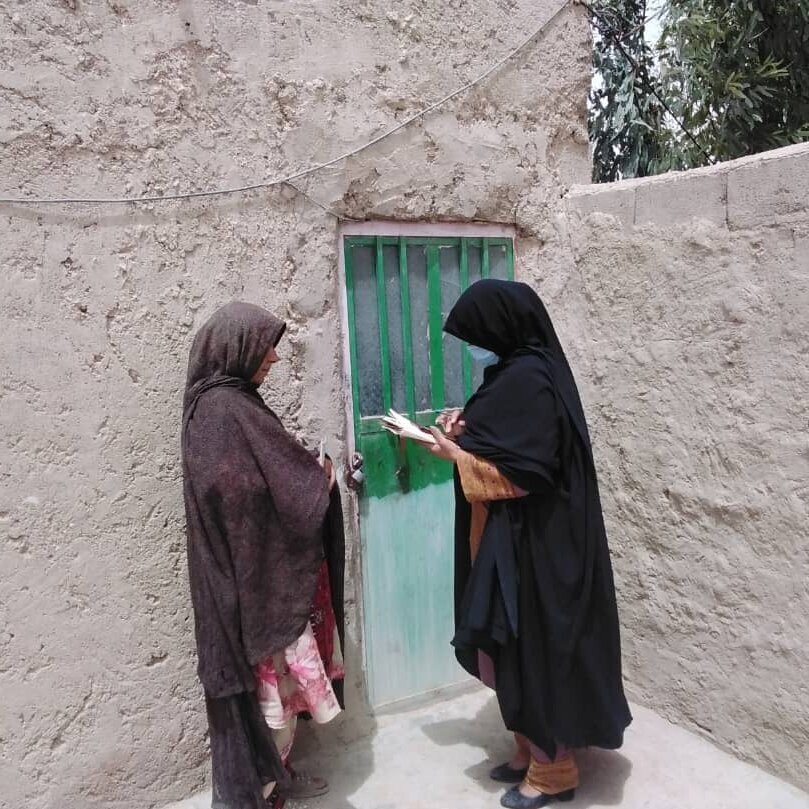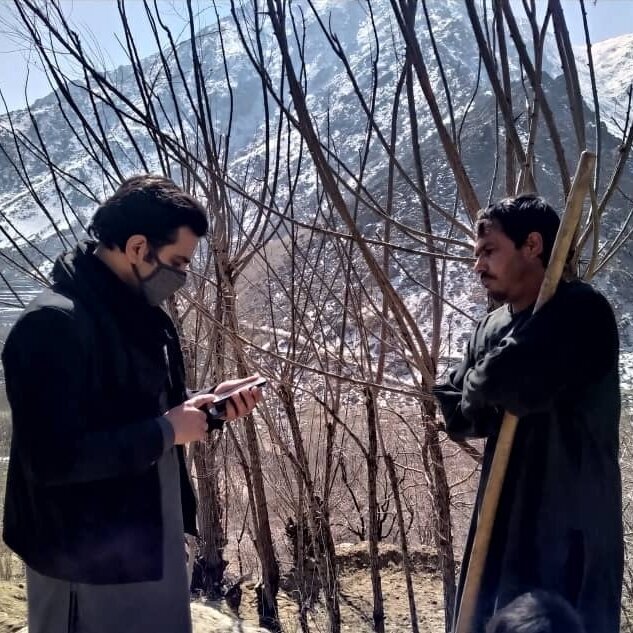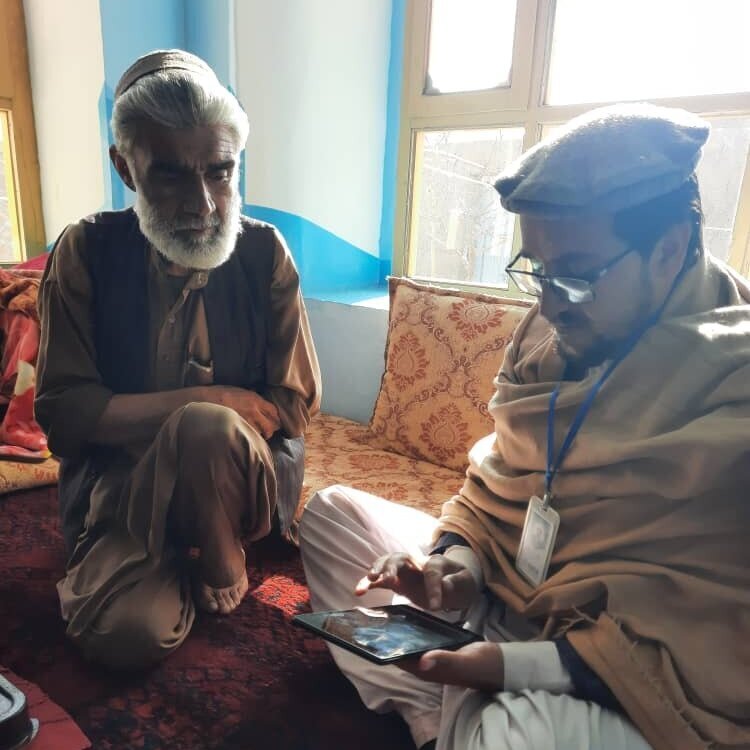
An in-depth evaluation of a media-driven nutrition awareness campaign, aiming to discern its role in instigating behavioral changes concerning nutrition and food security and inform future communication strategies.
Food security has been a persistent concern in Afghanistan, marked by historically low levels that have been further exacerbated by the challenges posed by the COVID-19 pandemic. Despite concerted efforts by the government and various international humanitarian aid organizations, food insecurity remains rampant throughout the country. The closure of borders, market disruptions, and the subsequent rise in food prices have led to limited access, particularly affecting vulnerable households. Afghanistan heavily relies on food imports, and the recent surge in fuel and transport costs has compounded the issue, making food unaffordable for a significant portion of the population.
In response to this multifaceted challenge, BBC Media Action approached this complex problem from a unique perspective, recognizing that food insecurity can be somewhat mitigated through the adoption of best nutritional practices and organizing households’ priorities by implementing a project titled “Using Media and Creative Communication to Address Nutrition and Food Security in Afghanistan”. To disseminate these crucial messages, BBC MA launched a series of Public Service Announcements (PSAs) designed to educate households across Afghanistan on proper food and health management, along with various other health and safety tips. Adroit Associates played a pivotal role in this initiative, providing essential support in designing and executing the data collection process and analysis. The insights gained were valuable for informing future interventions and policies aimed at fostering positive change in Afghanistan’s food security landscape.
The Challenge
BBC Media Action (BBC MA) encountered a significant obstacle in assessing the impact of their Public Service Announcements (PSAs) in Afghanistan. The lack of certainty regarding content consumption, accessibility and nutritional awareness among the diverse population was a questions BBC MA.
Adroit Associates, tasked with this assessment, faced the complexity of surveying all 34 provinces. This endeavor was not only financially and temporally demanding but also encountered a significant hurdle in reaching the most inaccessible areas where the primary beneficiaries resided.
Project Goals/Objectives
The project aimed to:
- Evaluate the food security status of households across Afghanistan, providing a nuanced understanding of the prevalent conditions.
- Identify knowledge gaps related to nutrition within Afghan households, aiming to enhance awareness and promote informed dietary choices.
- Explore the reach and accessibility of specific media platforms and outlets among the Afghan population, discerning the channels through which information is disseminated.
- Quantify the viewership and consumption of BBC Media Action’s Public Service Announcements (PSAs) among the Afghan audience, gauging the impact of these communications.
Our Approach
To ensure the comprehensive representation of the target population, Adroit Associates strategically employed two distinct modes of data collection: Random Digit Dialing (RDD) and Face-to-Face (F2F) Interviews. The RDD method facilitated Adroit Associates’ team in efficiently and cost-effectively reaching individuals across Afghanistan. Recognizing the potential limitations of phone accessibility, particularly for those without phone services, Adroit Associates complemented RDD with Face-to-Face interviews conducted in various provinces.

Acknowledging the sensitivity and complexity of randomly approaching individuals for extensive interviews, Adroit Associates implemented measures to streamline the data collection process, benefiting both the interviewers and participants. A pivotal step involved enhancing the likelihood of obtaining responses by carefully generating a list of numbers. To further optimize efficiency, the data collection staff was organized into two specialized teams: the screening team and the interview team. The screening team’s responsibility encompassed calling numbers on the list, confirming the validity of each number, ascertaining the respondent’s availability for an interview, and collecting essential demographic information. Subsequently, the screened numbers were seamlessly passed on to the interview team, which conducted the in-depth interviews. This bifurcation of tasks significantly minimized time wastage and notably enhanced the efficiency of RDD interviews.
For Face-to-Face Interviews, Adroit Associates strategically selected areas based on historical data provided by the NSIA. Provinces with the lowest levels of cellphone ownership were specifically included in the survey, ensuring a balanced and representative sample. This meticulous approach not only contributed to the richness of the collected data but also underscored Adroit Associates’ commitment to obtaining a comprehensive understanding of the target population.
Results
Adroit Associates successfully conducted 3000 interviews spanning all 34 provinces of Afghanistan. Notably, 2000 of these interviews were carried out through RDD. Demonstrating exceptional dedication, Adroit Associates managed to collect, compile, clean, recode, and analyze the data within the specified timeframe, ensuring its utmost utility. The resultant dataset stands as an invaluable information repository, encompassing data on various key variables
The meticulous process of data collection, analysis, and strategic communication initiatives undertaken in this project makes a significant contribution to the ongoing endeavors to enhance nutritional practices and food security in Afghanistan. The acquired insights hold considerable value in shaping future interventions and policies aimed at fostering positive change within the country’s food security landscape.




